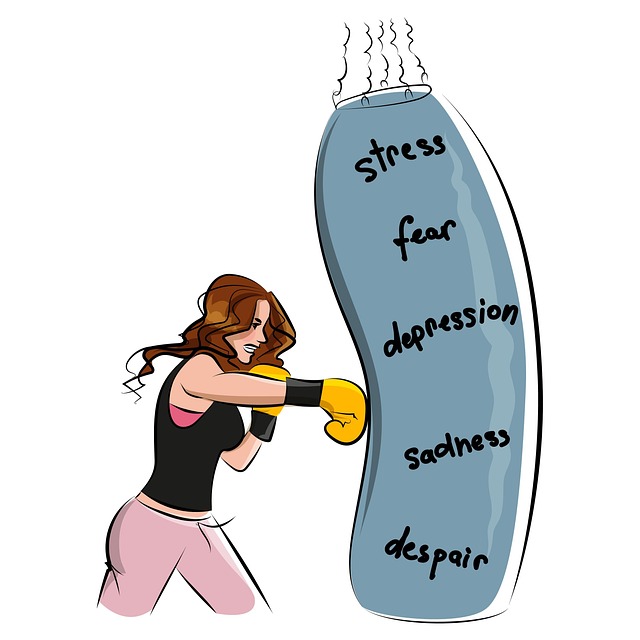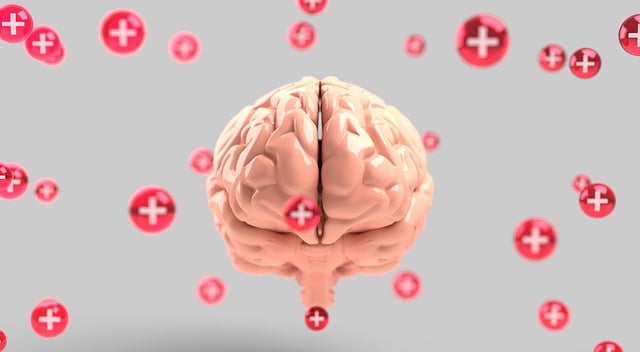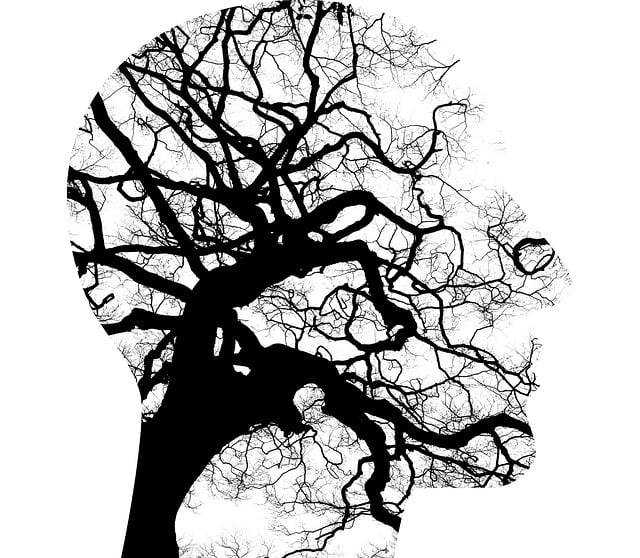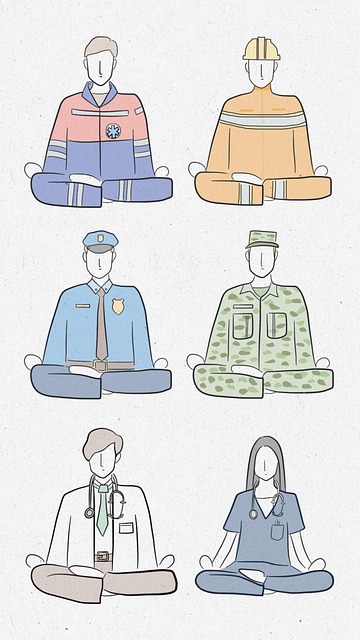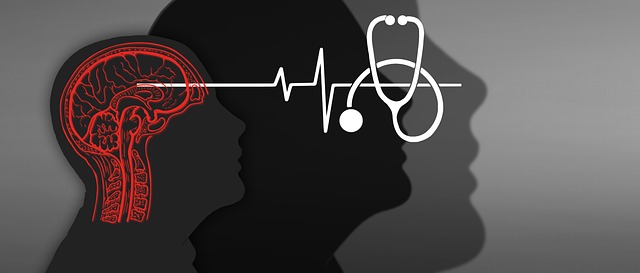Colorado Springs independent medical evaluations focus on teaching essential coping skills through mindfulness meditation, self-care practices, and assertive communication techniques. These strategies empower individuals to manage stress, anxiety, and emotional distress healthily, enhancing resilience during life transitions or traumatic events. Qualified healthcare professionals conduct tailored, culturally sensitive evaluations, providing personalized therapy plans that boost mental well-being and encourage active participation in the therapeutic process.
Coping skills development is a vital aspect of therapy, enabling individuals to navigate life’s challenges with resilience. This article explores the significance of these skills in therapeutic contexts, offering insights into how they can be cultivated. We delve into effective strategies for enhancing coping mechanisms and highlight the role of Colorado Springs Independent Medical Evaluations as a pathway to improved mental well-being. Discover practical approaches to foster adaptability and promote a healthier mind.
- Understanding Coping Skills and Their Significance in Therapy
- Strategies for Developing Effective Coping Mechanics
- Colorado Springs Independent Medical Evaluations: A Pathway to Enhanced Mental Well-being
Understanding Coping Skills and Their Significance in Therapy

Coping skills are essential tools for navigating life’s challenges and play a pivotal role in therapy. In Colorado Springs independent medical evaluations, therapists often assess and guide individuals to build resilience through effective coping strategies. These skills empower clients to manage stress, anxiety, and emotional distress healthily. By learning techniques like mindfulness meditation and adopting self-care practices, individuals can enhance their overall well-being.
In therapy sessions, professionals teach various coping mechanisms tailored to each person’s unique needs. Developing these skills encourages personal growth, fosters better mental health management, and improves one’s ability to cope with life transitions or traumatic events. Effective coping strategies are game-changers, enabling individuals to thrive despite adversity, making them invaluable in the therapeutic journey.
Strategies for Developing Effective Coping Mechanics

Developing effective coping skills is a vital aspect of maintaining mental wellness, and there are numerous strategies to enhance one’s ability to navigate life’s challenges. For individuals in Colorado Springs seeking support, independent medical evaluations and therapy play a crucial role in this process. These resources provide a safe space to explore personal struggles and gain valuable tools for managing stress.
Self-Awareness Exercises: Engaging in regular self-awareness exercises is a powerful mechanism for coping skill development. Through meditation or journaling, individuals can tune into their emotions, identify triggers, and cultivate a deeper understanding of their reactions. This introspective practice empowers them to make conscious choices when facing difficult situations. Additionally, therapy sessions offer a structured environment to apply these techniques, encouraging clients to reflect on their progress and adapt strategies as needed. Communication Strategies: Effective communication is another key component. Learning assertive communication skills allows individuals to express their needs and boundaries healthily. This can significantly reduce stress in interpersonal relationships, fostering a sense of control and resilience. Moreover, therapy provides a platform for practicing these skills in a supportive setting, ensuring individuals feel more confident when facing challenging conversations.
Colorado Springs Independent Medical Evaluations: A Pathway to Enhanced Mental Well-being

Colorado Springs Independent Medical Evaluations offer a unique and crucial pathway to enhanced mental well-being. These evaluations, conducted by qualified healthcare professionals, provide an opportunity for individuals to gain valuable insights into their mental health status. By employing evidence-based practices, therapists can tailor therapy plans that address specific needs, fostering improved coping skills.
The process prioritizes cultural sensitivity in mental healthcare practice, acknowledging the impact of diverse backgrounds on one’s well-being. This approach ensures that everyone receives care that respects and understands their unique cultural context. Moreover, independent evaluations promote confidence boosting strategies, empowering individuals to actively participate in their therapy journey. Additionally, healthcare provider cultural competency training plays a vital role, equipping professionals with the skills to offer comprehensive care to a diverse range of clients.
Coping skills development is a pivotal aspect of therapy, enabling individuals to navigate life’s challenges with resilience. By understanding and incorporating effective coping mechanisms, as highlighted in this article, including strategies from Colorado Springs independent medical evaluations, one can significantly enhance their mental well-being. These evaluations provide personalized pathways to better manage stress, anxiety, and difficult emotions, ultimately fostering a more balanced and fulfilling life.
